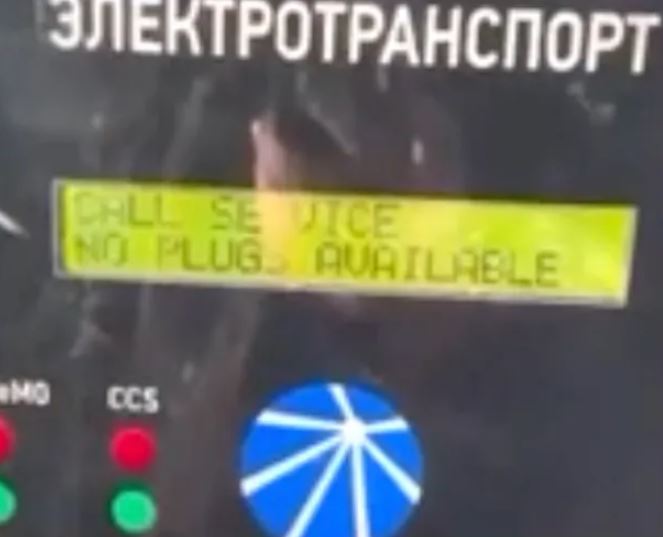The Russian military campaign in Ukraine has generated reactions of all kinds, including in the world of cybersecurity. A recent report notes that an unknown actor managed to hack several charging stations for electric cars on the outskirts of Moscow, disabling the service and posting messages against Vladimir Putin’s regime.
For hours, Russian citizens who own electric vehicles have reported that charging stations for their cars operated by a well-known local company were compromised in what appears to be a cyberattack. The attacker even used the monitors of these stations to display a message of support for Ukraine: Putin is an. Glory to Ukraine,” reads this message, written in Cyrillic.

So far the identity of the actor (or actors) behind this incident or the hacking method used is unknown.

Cybersecurity specialists believe that this kind of incident is only aimed at altering the social order in a non-violent way, in a clear protest against the invasion commanded by Russia. The attack appears to have spread only to charging stations for electric cars, so owners of conventional gasoline-powered cars have not experienced any inconvenience.
As mentioned above, Putin’s controversial decision has generated all kinds of political and economic consequences for his regime, in addition to thousands of expressions of discontent and social protests by public figures, athletes, celebrities, non-governmental organizations and even hacktivists.
Just hours after the military invasion began last Thursday, the renowned group Anonymous announced its intention to deploy multiple cyberattacks against critical Russian infrastructure, some of which would have already been experienced by some government platforms. Among other measures, there has been talk that economic sanctions against Russia will also include restrictions on the export of technological resources and computer solutions, in addition to limiting the operation of some online platforms and restricting the access of Russian banks to the SWIFT interbank payment system.
To learn more about information security risks, malware variants, vulnerabilities and information technologies, feel free to access the International Institute of Cyber Security (IICS) websites.

He is a well-known expert in mobile security and malware analysis. He studied Computer Science at NYU and started working as a cyber security analyst in 2003. He is actively working as an anti-malware expert. He also worked for security companies like Kaspersky Lab. His everyday job includes researching about new malware and cyber security incidents. Also he has deep level of knowledge in mobile security and mobile vulnerabilities.











